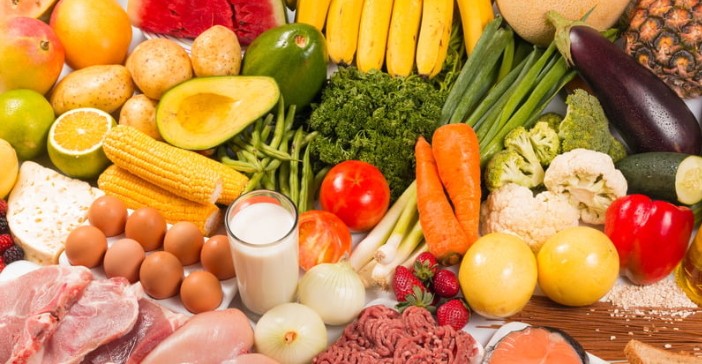

Recovering from oral surgery involves more than rest; it’s also about choosing the right foods. Whether you've had wisdom teeth removed, dental implants placed, or another procedure, sticking to soft foods to eat after oral surgery is key to healing well and feeling better faster.
In the first few days after oral surgery, your mouth is especially sensitive. Hard, spicy, or chewy foods can irritate the surgical site, increase discomfort, or even lead to complications like dry socket or infection. That’s why it's important to understand not just what to eat, but how to eat safely while your body recovers.
At Tribeca North Dentistry, we guide patients through every stage of the healing process including how to nourish your body while protecting your smile.
Soft foods play a vital role in recovery. They:
And perhaps just as important they help prevent setbacks in recovery. Choosing the wrong foods can lengthen healing time or cause avoidable discomfort.

The best soft foods to eat after oral surgery are smooth, nutrient-rich, and easy to chew or swallow. Here's a list of go-to options grouped by category to help you plan post-op meals.
Tip: Let soups cool before eating to avoid irritating sensitive tissues.
These provide healthy carbs, fiber, and vitamins with minimal chewing.
Protein is especially important to support tissue healing after oral procedures.
Smoothies are a great way to combine fruits, yogurt, and protein in one easy meal.
Avoid chewy or al dente grains for the first several days.
Comfort foods can help boost appetite but balance them with nutrient-dense meals.
Just as important as knowing what to eat is knowing what to avoid. The wrong food (or behavior) can lead to bleeding, pain, or even infection.
Also, do not use a straw, the suction can dislodge the healing clot and cause dry socket, especially after wisdom tooth removal.
Staying hydrated after surgery is critical, but how you hydrate matters.
Balanced hydration supports circulation and helps your body deliver the nutrients it needs to the surgical site.
If your child is recovering from an oral procedure, soft foods are just as important but they also need to appeal to young taste buds. Smooth applesauce, mashed sweet potatoes, and lukewarm mac and cheese are great options.
And for families trying to prevent dental issues from the start, be sure to explore our guide on Preventing Childhood Cavities in New York, NY a helpful resource for daily habits that make a long-term difference.
Some discomfort is normal in the first few days after surgery, but you should reach out to your dentist right away if you experience:
At Tribeca North Dentistry, we’re always here to answer your questions; before, during, and after surgery.
Your recovery doesn’t need to feel restrictive. With the right soft foods to eat after oral surgery, you can nourish your body, protect your smile, and heal smoothly. Whether you’re preparing for wisdom teeth removal, a dental implant, or another procedure, we’ll help you every step of the way with clear instructions and personalized support.
Schedule your consultation today and let’s make your healing experience as comfortable and stress-free as possible.